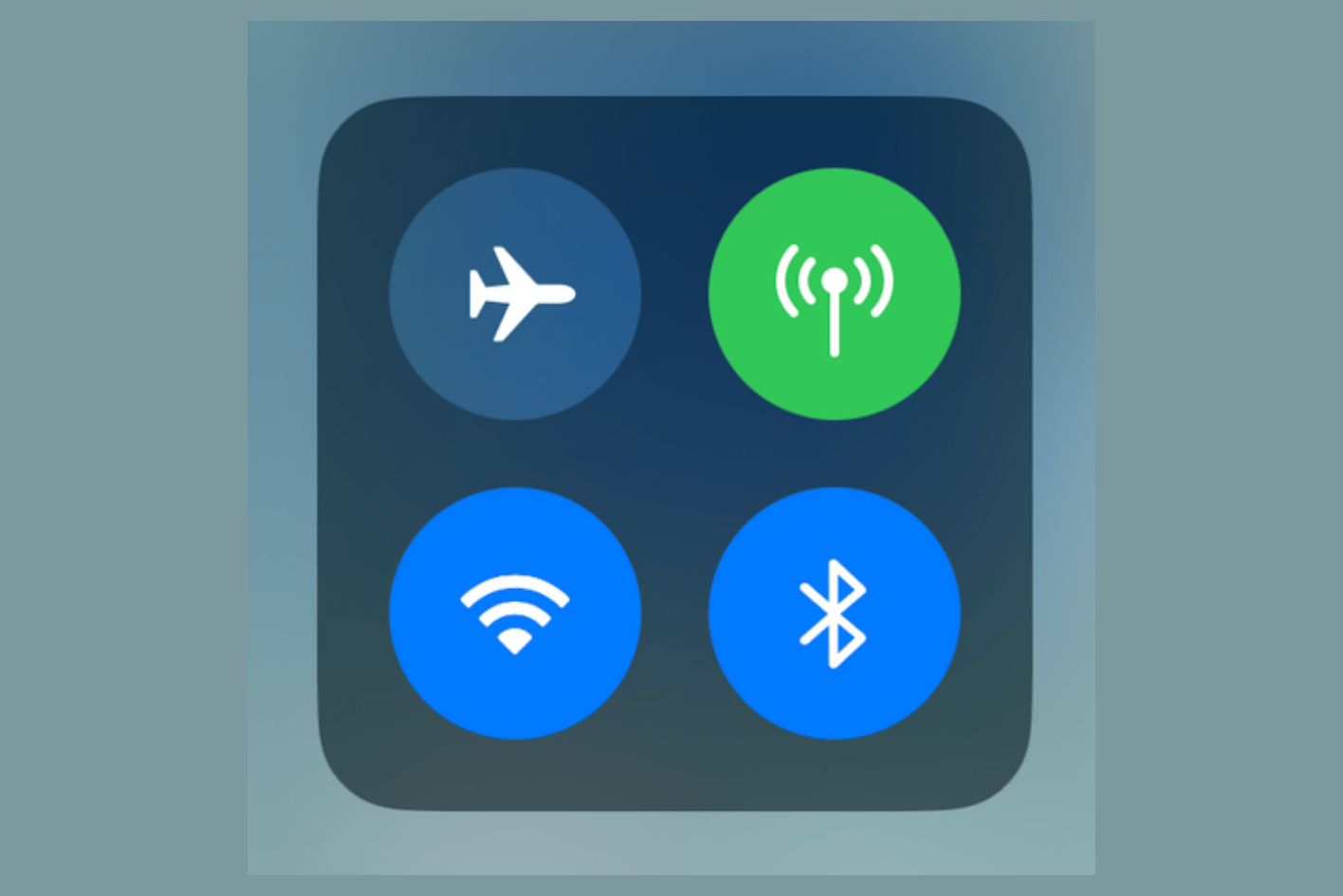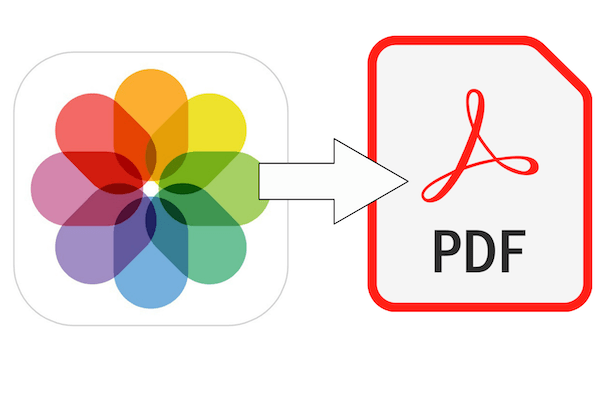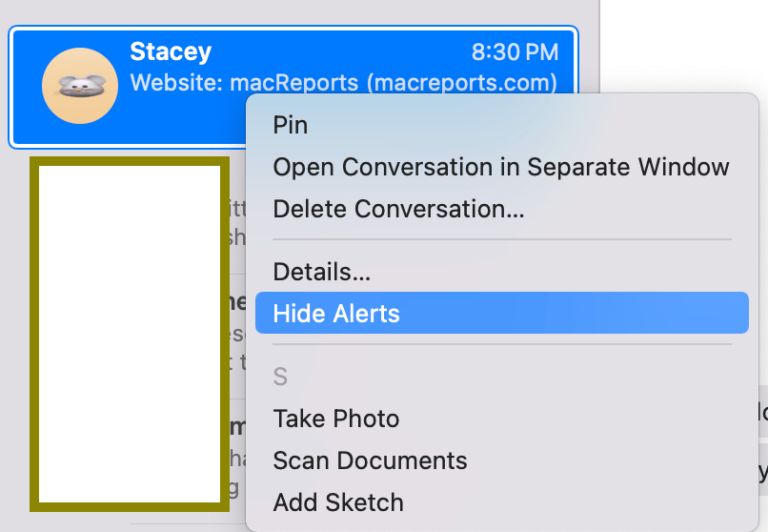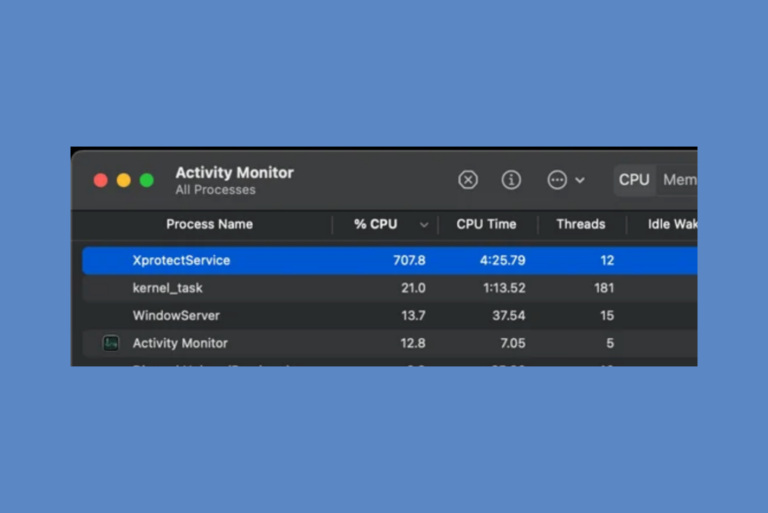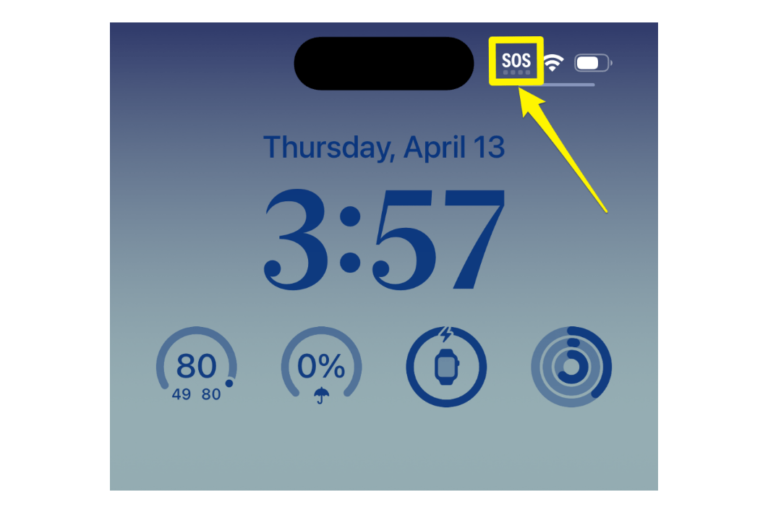Do Wi-Fi and Bluetooth Cause Battery Drain?
Some of the people I know turn off Wi-Fi and/or Bluetooth on their iPhones (Android users as well), or they even turn on Airplane Mode when they are not using their phones in an attempt to extend their battery life. You have maybe heard this, too–people saying Wi-Fi and Bluetooth consume substantial amounts of energy. It is true that these technologies require energy to maintain connections and transmit data, which can lead to faster depletion of battery life compared to when they are turned off. However, this does not mean that you should keep them off or disable them when you are not using them. There are other considerations. In this article, I explain the facts about these technologies.
How Wi-Fi and Bluetooth affect battery life on iPhone and iPad
As I stated above, both Wi-Fi and Bluetooth can contribute to battery drain; however, Apple has already implemented features in iOS and iPadOS to minimize their energy use.
- On an iPhone or iPad, Wi-Fi is disabled automatically when the device is asleep unless it is plugged into a power source. Thus, Wi-Fi does not cause any power consumption when your device is asleep, so turning off Wi-Fi is redundant. When your iPhone or iPad is plugged in, Wi-Fi can be used to create an iCloud backup. However, since the device is plugged in, battery drain is not of concern.
- When your device is not asleep, your device periodically scans for available Wi-Fi networks to maintain a connection or to search for a better network if the current one becomes weak or unavailable. This occurs every 15 seconds. However, this uses a small amount of energy, less than 1 milliwatt (MW).
- Your iPhone and cellular iPad models have two modes of Internet data connection: Wi-Fi and cellular data. A Wi-Fi connection uses less energy than a cellular connection. Wi-Fi uses around 30 MW, while cellular data energy use ranges widely depending on the signal strength, between 50 and 500 MW. So it is always a better idea to use Wi-Fi.
- Regardless of being enabled or not, Bluetooth uses no power unless you are connected to a device over Bluetooth.
- When you connect a hands-free device via Bluetooth, it uses around 2.5 MW.
Using those MW elements may be confusing for you. To put it in perspective, an iPhone 15 Plus’s battery capacity is around 17,000 MWh (milliwatt-hours). So, for example, remember that an active hands-free Bluetooth connection uses around 2.5 MW. This means that if Bluetooth were the only energy use, your iPhone 15 Plus’s battery would be depleted in around 6,800 hours, or about 283 days. So, your iPhone would last almost 10 months.
If your device is having battery drain problems, it is likely that Wi-Fi or Bluetooth is not the cause. If you are having this issue, look for the root of the problem somewhere else. We previously wrote a lot about battery issues on various Apple devices. I included links to some of those articles below.
Related articles

